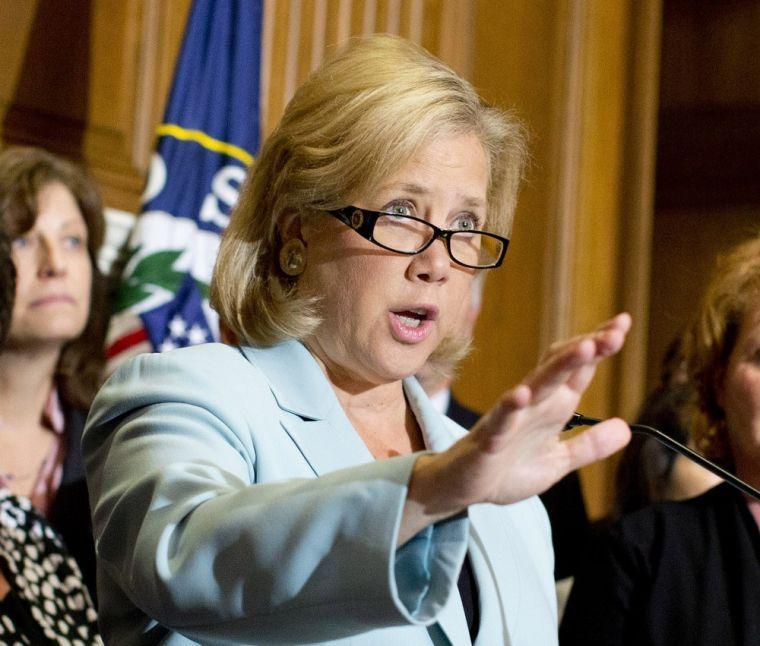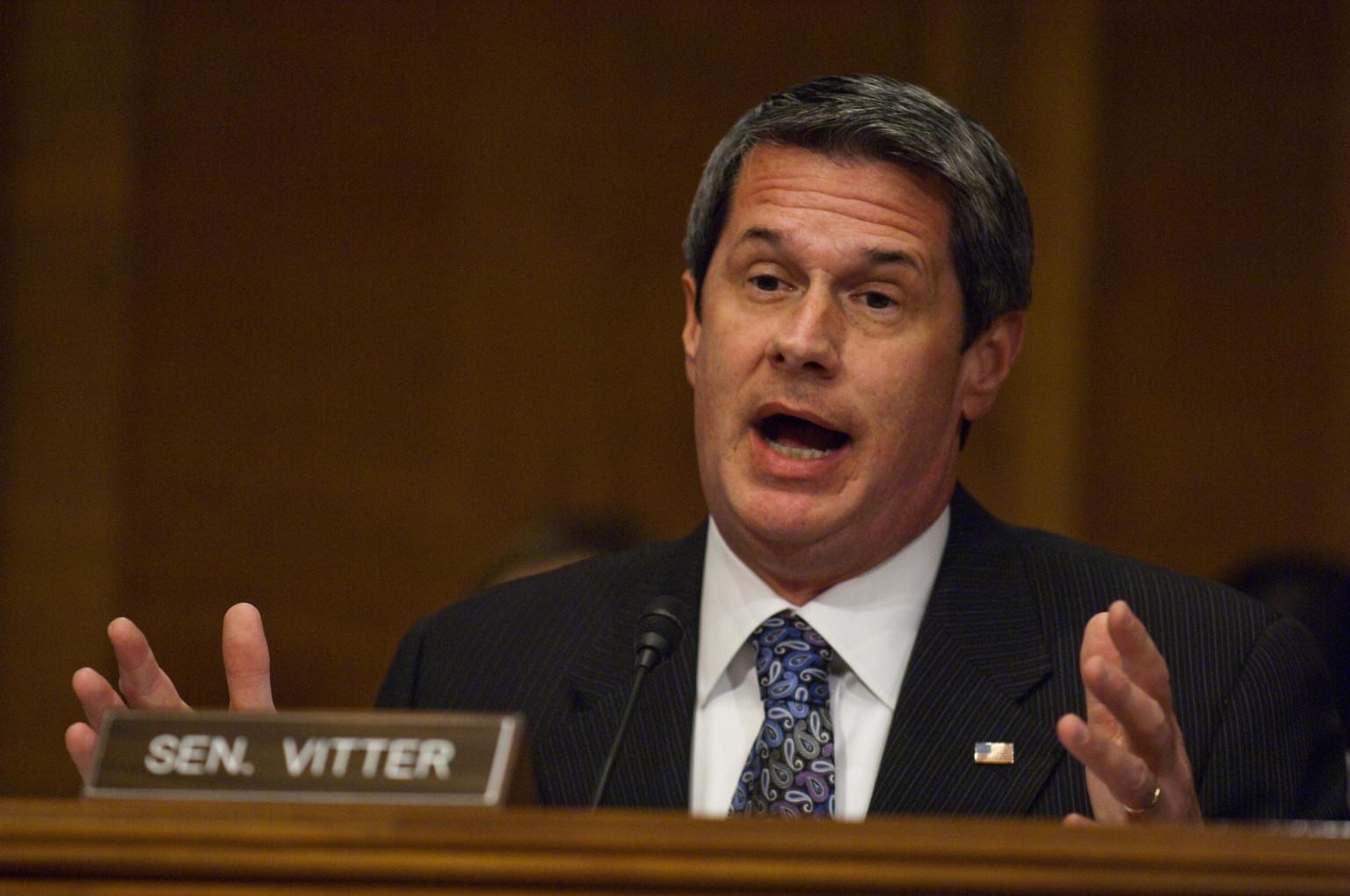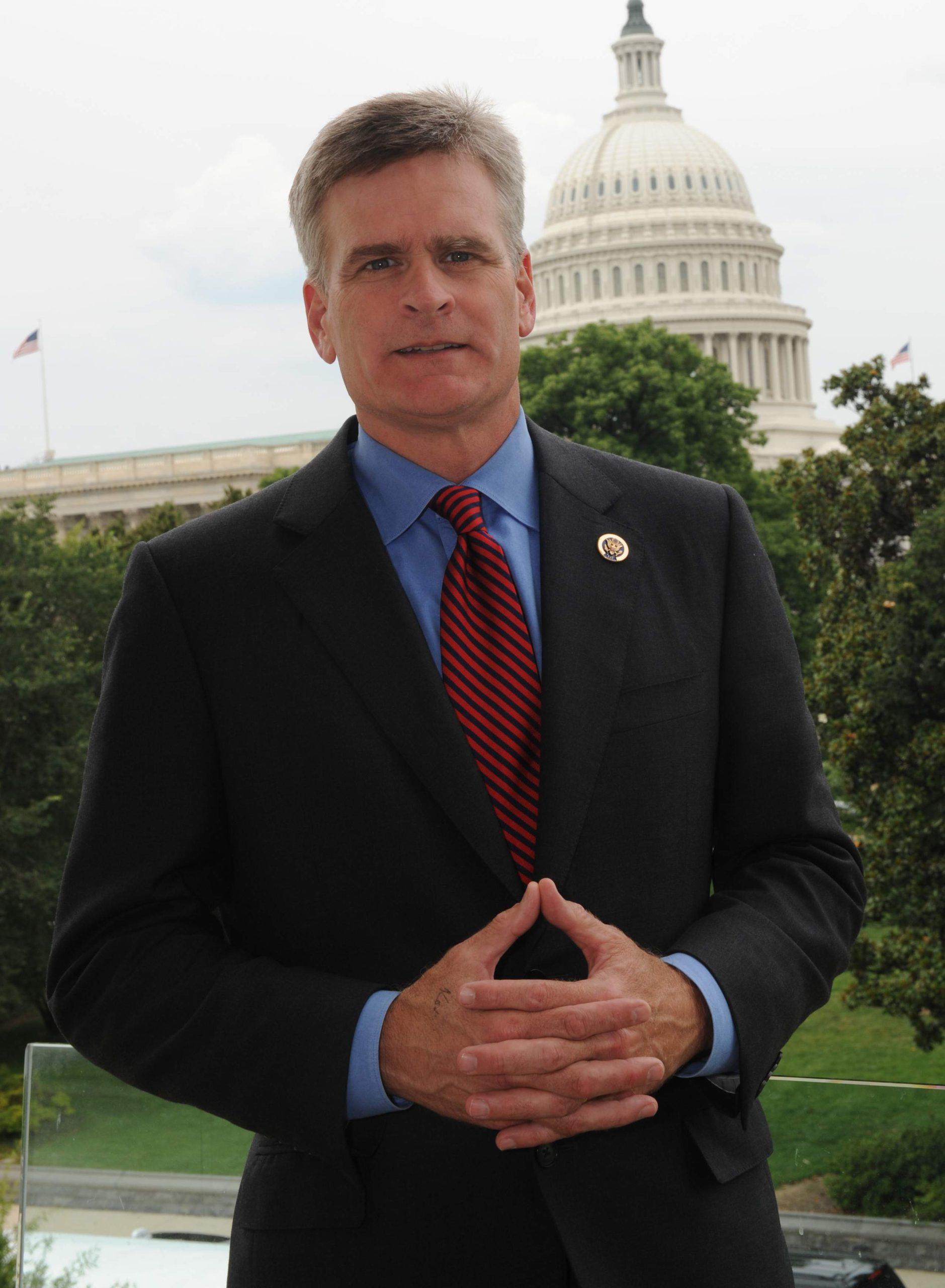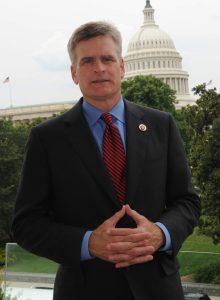It is not unlikely for someone’s wealth — or lack thereof — to influence his or her personal and political beliefs.
While this is not inherently dangerous, it can be in a country with immense wealth inequality like America or even in a university setting.
Last spring, University President F. King Alexander accepted an annual salary of a whopping $600,000. This figure is probably several times higher than the yearly income of a majority of LSU students’ parents.
In January, the Center for Responsive Politics used the 2012 personal financial disclosure data of the 534 members of Congress and discovered more than half were millionaires. This is the first time in the history of Congress this has been the case.
Can the multi-millionaires of Congress or the six-figure earning Alexander make fair and balanced decisions in their respective fields? I don’t think so.
In November of last year, polling company, Gallup, revealed Congress had an approval rating of only 9 percent. Compare this to the average approval rating since 1974 — 33 percent — and you will realize what a nadir Congress has hit.
The wealthiest member of Congress, Rep. Darrell Issa, R-Calif., makes so much money that I gagged a little when I read his net worth, as of 2013, was more than $355 million.
Although certainly not millionaires on Issa’s level, Louisiana state senators are also relatively wealthy. It is estimated David Vitter’s net worth as of 2012 was $1,640,030. As of 2012, Mary Landrieu is worth more at $1,829,008 — even though this number has ballooned to nearly $2.7 million in the past.
To put these amounts of money into perspective, the median household income in America is only $53,046. In addition, almost 15 percent of Americans live below the poverty line.
The immense wealth of politicians and the single-digit approval rating of Congress are most likely intertwined.
Politicians in Congress, now that most of them are worth a million bucks or more, stop representing their districts and states and start politicking on their own — or their lobbyists’ — behalf.
Some may say politicians or even Alexander deserve such high incomes because of the nature of their jobs. However, why is it that when I sit at a desk slaving over assignments, I earn next to nothing?
Just like men will never truly experience the inequality that women face and white people will never fully realize the oppression of people of color, there is no amount of empathy wealthy people can have for middle and lower class people that will make up for the huge gap in income.
Although it is a well-known cliché, the poor college student is alive and well in America, and LSU is no exception. I know several LSU students who had the grades and test scores to attend more prestigious schools out-of-state, but not the money.
On one hand, I do applaud Congress for lowering the interest rates on government-issued Stafford loans from 6.8 percent to 3.86 percent. On the other hand, the American educational system in the years leading up to college is of a comically low caliber.
When the leaders of our nation — or university — can afford otherwise, this seems to cause a lack of funding and support for government-funded entities like public education and welfare.
Would the members of Congress send their children to the public schools they almost deliberately underfund?
If our nation and University superiors are rolling in the proverbial dough, I’m not sure I can support them when they remind me of Scrooge McDuck.
SidneyRose Reynen is an 18-year-old film and art history freshman from New Orleans.
Opinion: Wealth of politicians negatively impacts decision-making
March 5, 2014









